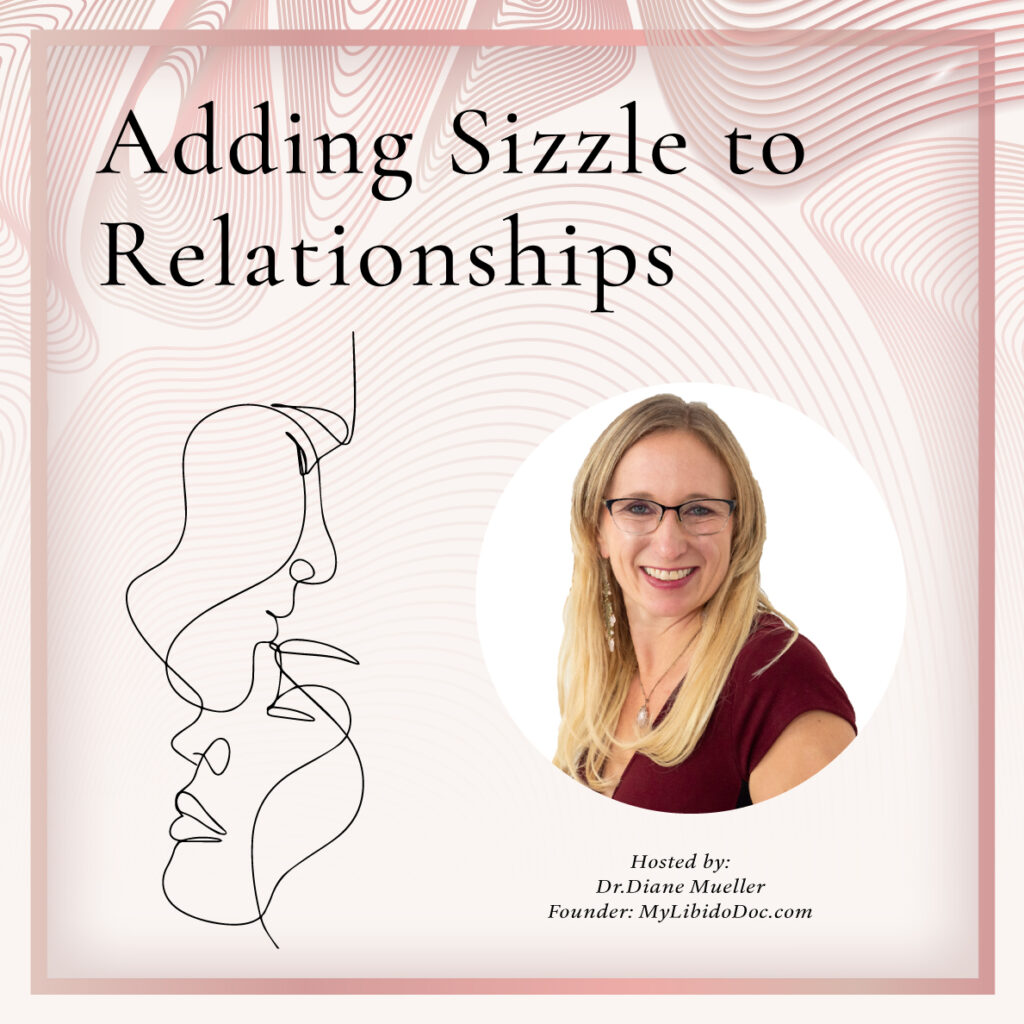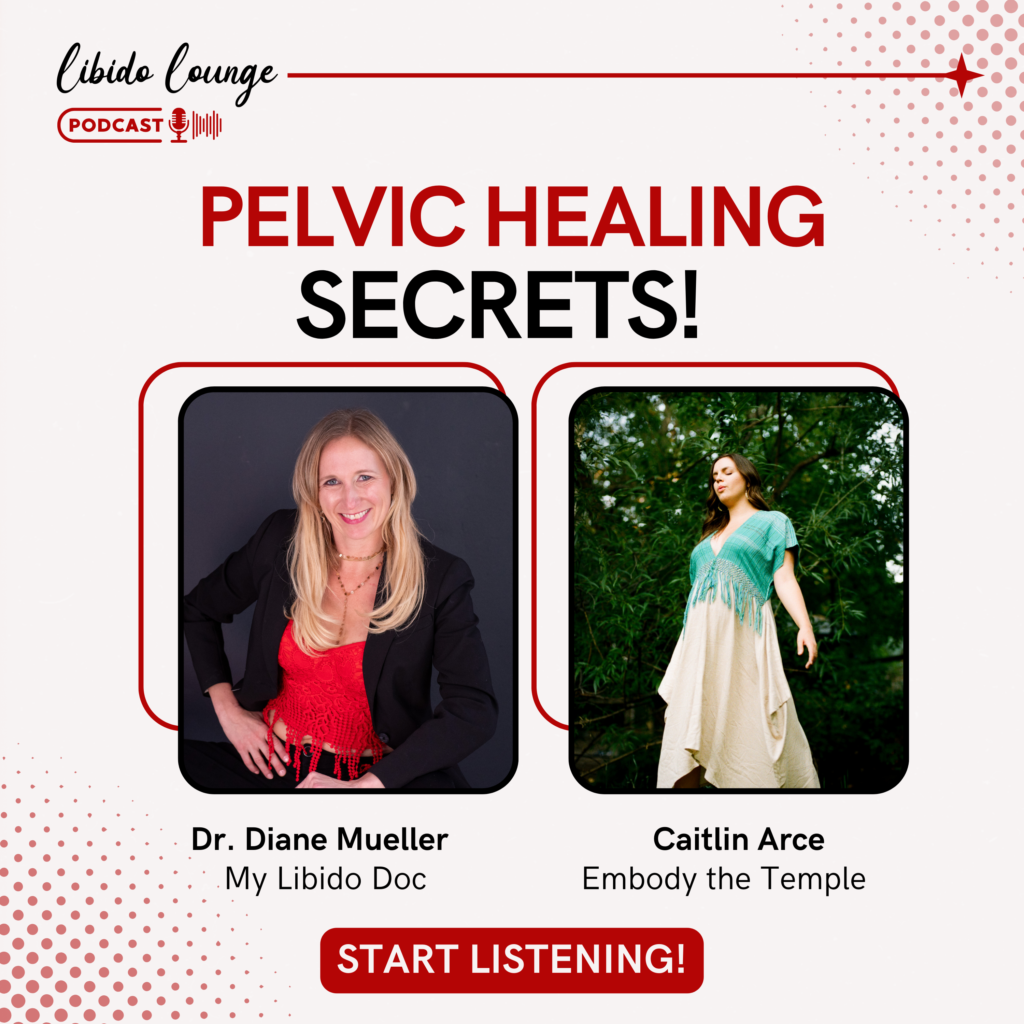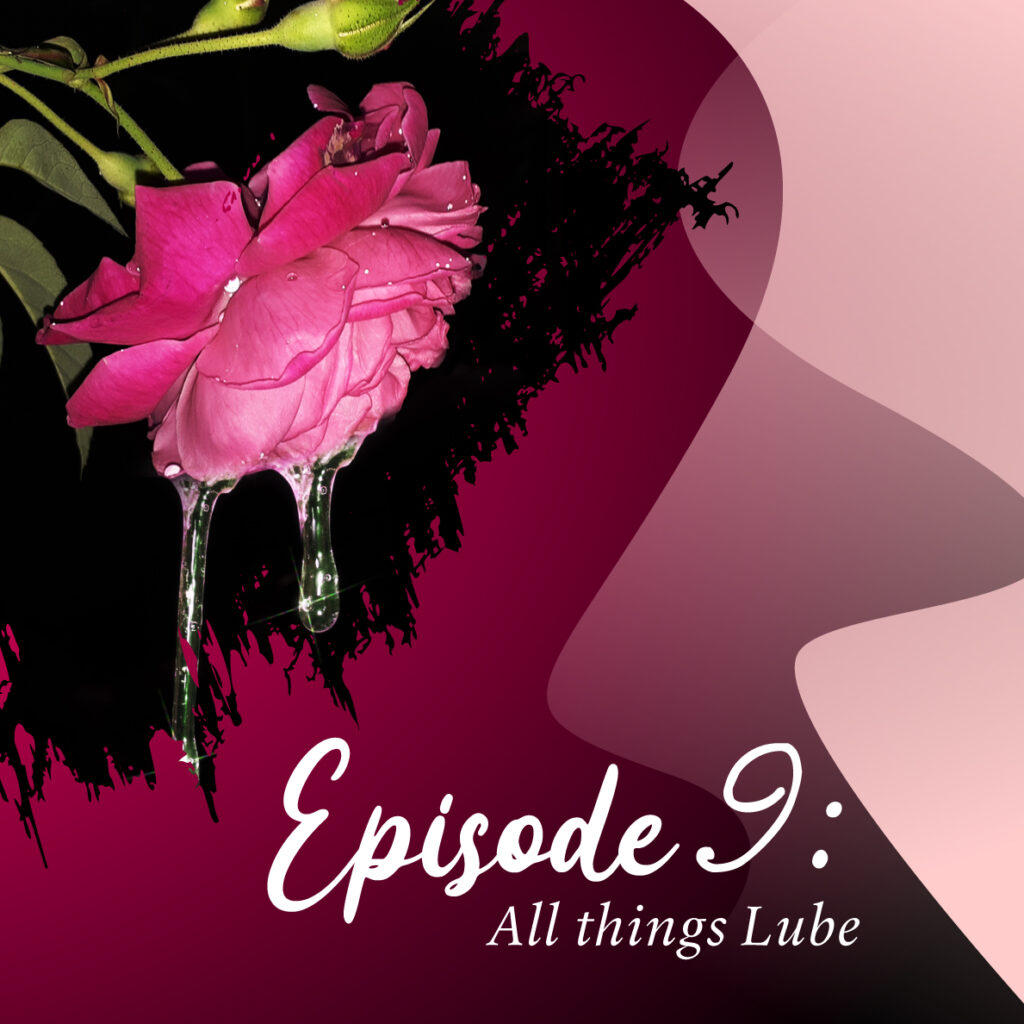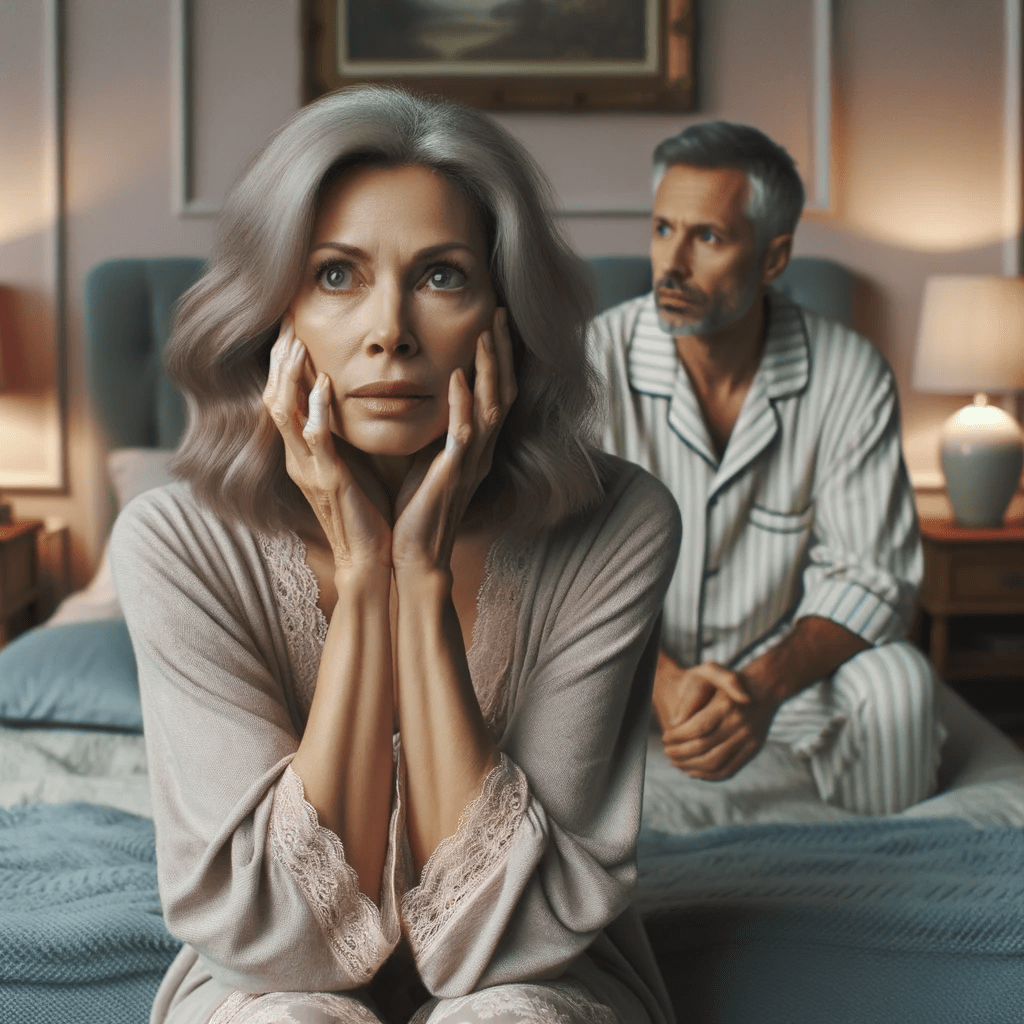Hormone Treatment for Low Libido
Are you struggling with low libido and looking for solutions? Is it your hormones? Then
read on for help!
Low libido is a low sex drive. It means you just aren’t interested in sex, of any kind.
While this can be super distressing, it is relatively common. In fact, it
affects about 40% of women at some point in their lives (Ajgaonkar A, 2022).
Lack of sex drive can definitely worsen your quality of life. Good sex has so many
health benefits so we definitely recommend trying to address any libido issues
you may be having.
Hormones are an important piece of the libido puzzle. We will give you solutions here using hormones, but be aware that they are not the only thing to consider. To learn more about supplements and other options for women, check out our blog: Low Libido in Women

Hormones 101:
Hormones are chemical messengers that work to regulate many functions in the body. They are critical for general health. The sex hormones are crucial for sexual
development and reproduction.
The two main sex hormones for libido are estrogen, E, and testosterone, T. These two
have the most direct impact on libido. You may think of estrogen as the female
hormone and testosterone as the one for men. But in reality, we all have some
of both E and T. It is just that estrogen is the dominant sex hormone in women
and testosterone is the main one for men.
DHEA is another hormone that is important for libido. Progesterone has a lesser effect but is still involved, especially in women.
Estrogen:
When estrogen is too low, it can cause vaginal dryness which can make intercourse painful.
Low estrogen can also affect sleep and cause mood swings. Neither of these is
very helpful for sexual desire.
Raising your E and getting higher levels of estrogen in the body increase vaginal lubrication and raises libido in women. Estrogen therapies that produce and raise estrogen levels can increase sexual desire in postmenopausal women.
Testosterone
Women have and need testosterone just like men do. Testosterone is involved in the regulation of libido and sexual arousal. Low levels of testosterone can reduce sexual desire in some women.
Testosterone can help post-menopausal women with low libido (Vegunta S, 2019). Low-dose testosterone therapy can be very effective post-menopause to raise libido (Vegunta S, 2019). T therapy, on its own, and combined with estrogen, increases sexual desire and satisfaction in postmenopausal women.
Testosterone is often prescribed off-label for low sexual desire in women. It can enhance the impact of low-dose estrogen therapies at increasing women’s sexual desire. It is not clear though whether it is the T or the E that is having the most effect.
One important thing with T therapy is to be careful not to overdo testosterone in women. Too much T brings a risk of side effects, including acne, vocal changes, excess facial hair and clitoral enlargement. This is usually only a risk when T is pushed to produce adult male levels of testosterone in women, which doctors try to avoid.
DHEA
DHEA is related to pain during sex, vaginal dryness and libido. Low DHEA levels are linked to an increased risk of sexual dysfunction (Rabijewski, 2022).
DHEA can reduce menopause symptoms such as low libido and hot flashes (Rabijewski, 2022). It also helps pre-menopausal women with sexual disorders and low libido (Rabijewski, 2022).
Testing and Diagnosing Hormonal Imbalances
It is important to work with the right doctor if you need hormonal support for low
libido. A good first step is to test your hormones via a urine test called the
DUTCH test. This is the most accurate hormone test you can do.
Then you need to work with a doctor who can interpret the test correctly. Most functional medicine doctors can.
It’s also important to get the levels of hormones right, if you are going to undergo
hormone treatment for low libido. For example, the hormone DHEA is considered
to be ‘fine’ in conventional medicine at a level of 50 ug/dL. But in our
experience, most women feel better with DHEA at the 200-300 level.
****
Hormonal balance is important for general health and imbalances in hormones can be an indication of a health problem.
And when it comes to libido and sex, hormones definitely matter. But we also need to look at other issues to get to the bottom of libido problems. This can include things like blood sugar, cholesterol and toxins. Body image, relationship issues, communication and safety are also super important for good sex.
Work with us at The Libido Doctor to get you hormones in top shape to get your sex life
back on track!





